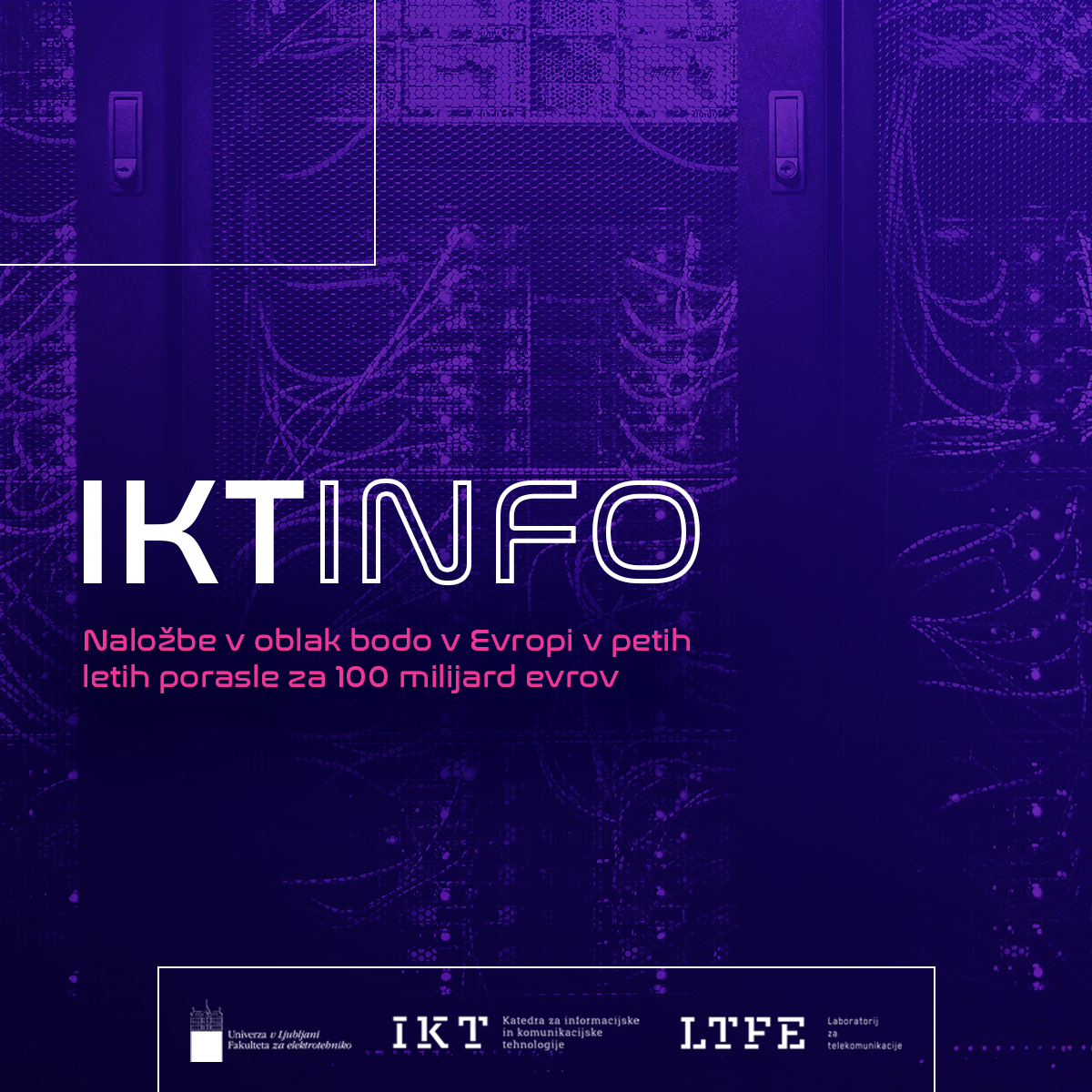[ICTinfo] Cloud investments in Europe to grow by €100 billion in five years
Date of publication: 30.5.2023Spending on cloud services in Europe will grow at an average annual CAGR of 22% (CAGR) over the five-year period 2023-2026, despite the dampening effect of economic pressures caused by the Russia-Ukraine war, IDC forecasts. Cloud services will account for €135 billion this year and €236 billion in 2026. The largest investments will be in the public cloud, which can be seen as a cost-effective replacement for traditional IT solutions. Software as a Service (SaaS) will continue to be a key spending segment for public cloud in Europe, especially at a time when companies are strictly optimising their budgets. Platform as a Service (PaaS) will remain the fastest growing cloud segment for the foreseeable future as organisations look for tools to accelerate application development. Among the largest consumers for public cloud services this year will be professional services (with a 23.6 percent compound annual average growth rate (CAGR) over the five-year period), banking (CAGR of 23.5 percent) and discrete manufacturing (CAGR of 23 percent), which will collectively account for 36 percent of total spending this year. In the European market, high inflation, cost pressures, rising energy prices and geopolitical tensions will further constrain cloud investments on the one hand, while growing demand for cost-effective ICT solutions, hybrid working and the acceleration of digital transformation will further boost them on the other.
The economy, manufacturing, education and other sectors have been subject to increased pressures and changes in recent years as a result of the pandemic and the measures taken to contain it, as well as the Russia-Ukraine war, as confirmed by various surveys and analyses. The Information and Communication Technologies (ICT) sector is also exposed to similar changes, but at the same time it is able to monitor, assess and control changes not only in its own sector but also in all other sectors, which has been a valuable help to all of them in recent years.
ICT helps businesses and institutions in all industries to organise work, adapt operations, streamline operations, process data, evaluate results, predict trends and discover new opportunities. And they enable schools and universities to implement hybrid forms of teaching and meaningful digitisation of learning processes.
This is why we have decided to publish regular summaries of information, assessments, analyses and studies by research and analyst companies that can help everyone to better monitor, learn about and understand changes and trends and to adapt more successfully to the new ICT era.
Prepared by the Department of Information and Communication Technologies in collaboration with Esad Jakupović





